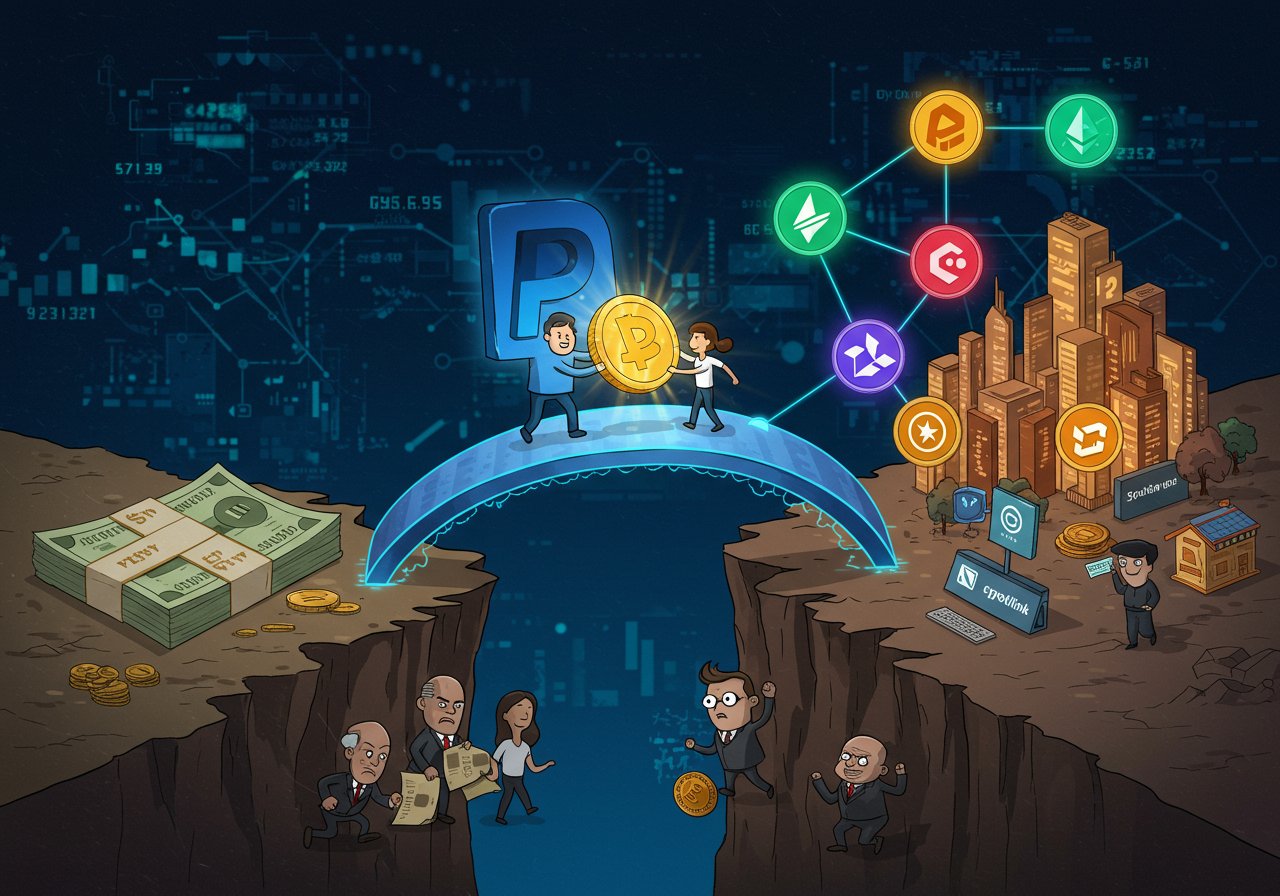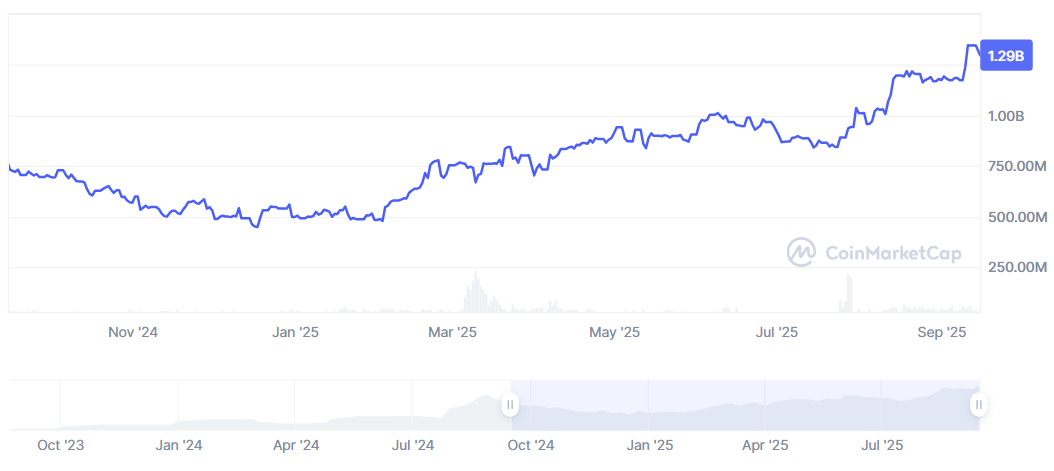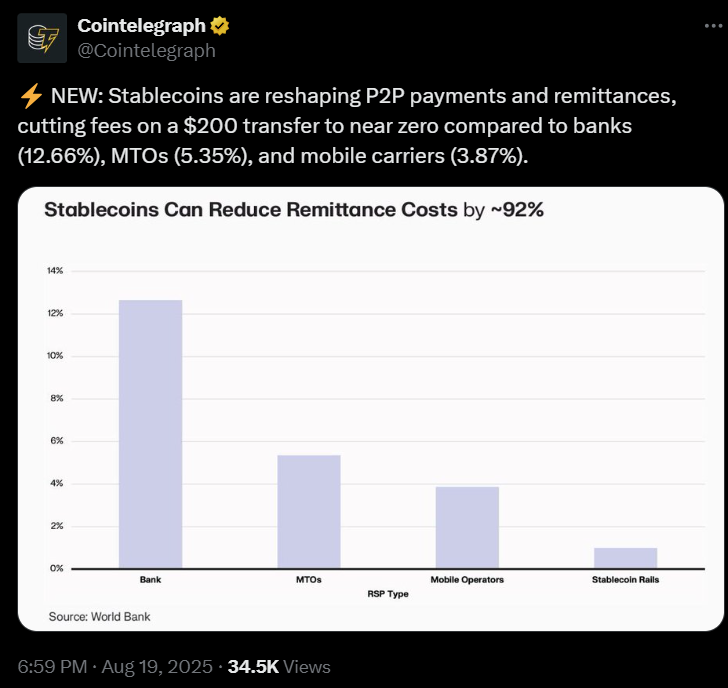
PayPal Joins the Crypto P2P Revolution
PayPal, a titan in the global payments landscape, is making a significant leap into the world of cryptocurrencies. The company is integrating Bitcoin (BTC), Ether (ETH), and its own stablecoin, PYUSD, directly into its peer-to-peer (P2P) payment system. This move, announced recently, allows users to send and receive these digital assets directly through PayPal‘s existing infrastructure, potentially accelerating the mainstream adoption of cryptocurrencies beyond mere investment and trading.
This integration is facilitated through the newly launched “PayPal links” feature, a personalized, shareable link generated within the PayPal app. Initially rolling out in the US, with expansions planned for the UK, Italy, and other international markets later this year, PayPal links streamline the process of sending and receiving funds, including crypto. Users can now send crypto and stablecoins both to other PayPal and Venmo users, as well as to external compatible digital asset wallets. This enhanced functionality signifies a step towards aligning with the core ethos of peer-to-peer transactions, where digital assets can move freely between users.
The Role of PYUSD and Stablecoins
A key component of this integration is PayPal‘s dollar-pegged stablecoin, PYUSD. Its inclusion highlights the growing importance of stablecoins in the digital asset ecosystem. PYUSD has already gained considerable traction, with its market capitalization nearing $1.3 billion. Stablecoins offer price stability and ease of use, making them ideal for everyday transactions and remittances. This move by PayPal underscores the potential of stablecoins to reshape the landscape of cross-border payments and P2P transfers, potentially lowering transaction costs significantly.

Implications and the Broader Crypto Landscape
PayPal’s embrace of crypto P2P has broad implications for the industry. The integration signifies a continued trend of traditional financial institutions recognizing and embracing digital assets. It offers a bridge for the existing user base to venture into the crypto space. Importantly, PayPal clarifies that personal transfers made via Venmo or PayPal will generally be exempt from 1099-K tax reporting in the US. This could ease some of the tax burden concerns for users.
PayPal‘s latest move is not an isolated event. Other centralized platforms, such as Kraken, are also introducing crypto-focused payment solutions. The ongoing evolution of crypto payments, driven by the integration of both established and emerging technologies, indicates a clear move towards expanding the utility of cryptocurrencies in everyday transactions. This expansion, coupled with developments in stablecoin infrastructure, may reshape the future of global finance.
Looking Ahead
The integration of crypto P2P within PayPal is part of a broader strategy to connect wallets and payment systems across borders, under the company’s “PayPal World” interoperability framework. The firm’s increasing dedication to blockchain-based services, along with its existing crypto offerings, clearly shows its commitment to digital assets. As the industry continues to evolve, PayPal‘s strategy of embracing digital assets will likely make the company a crucial player in the ongoing adoption and integration of cryptocurrencies worldwide.



